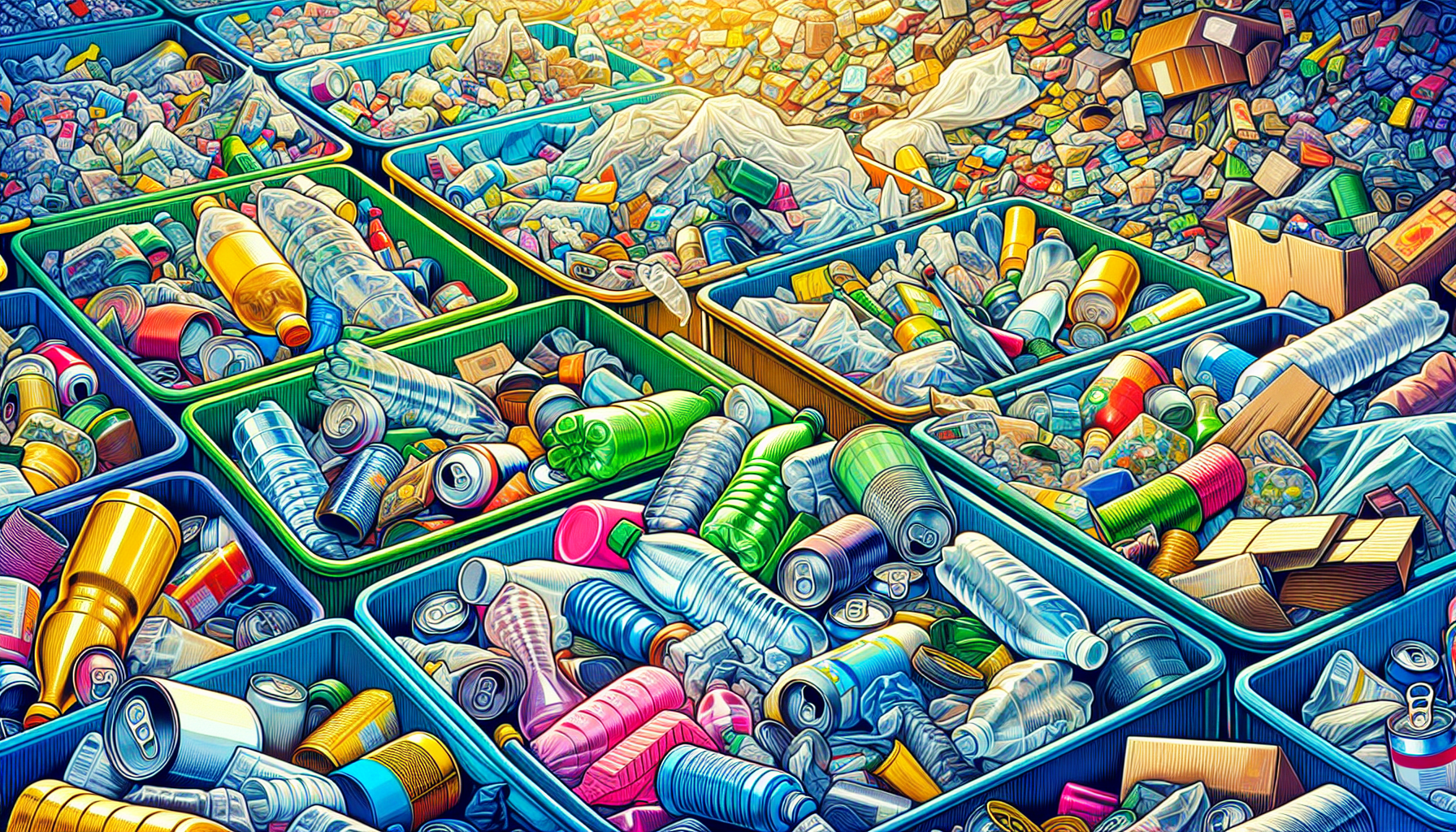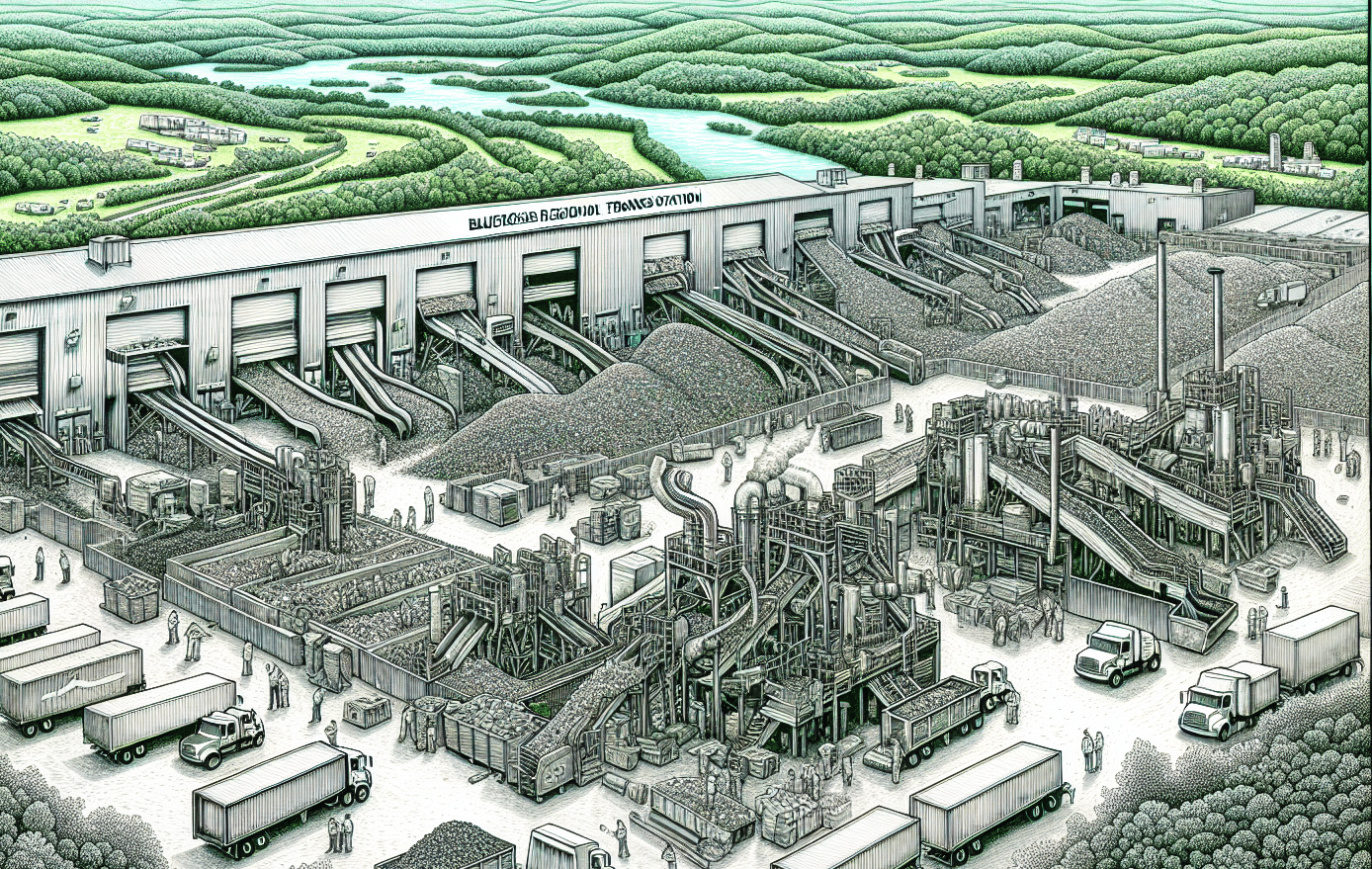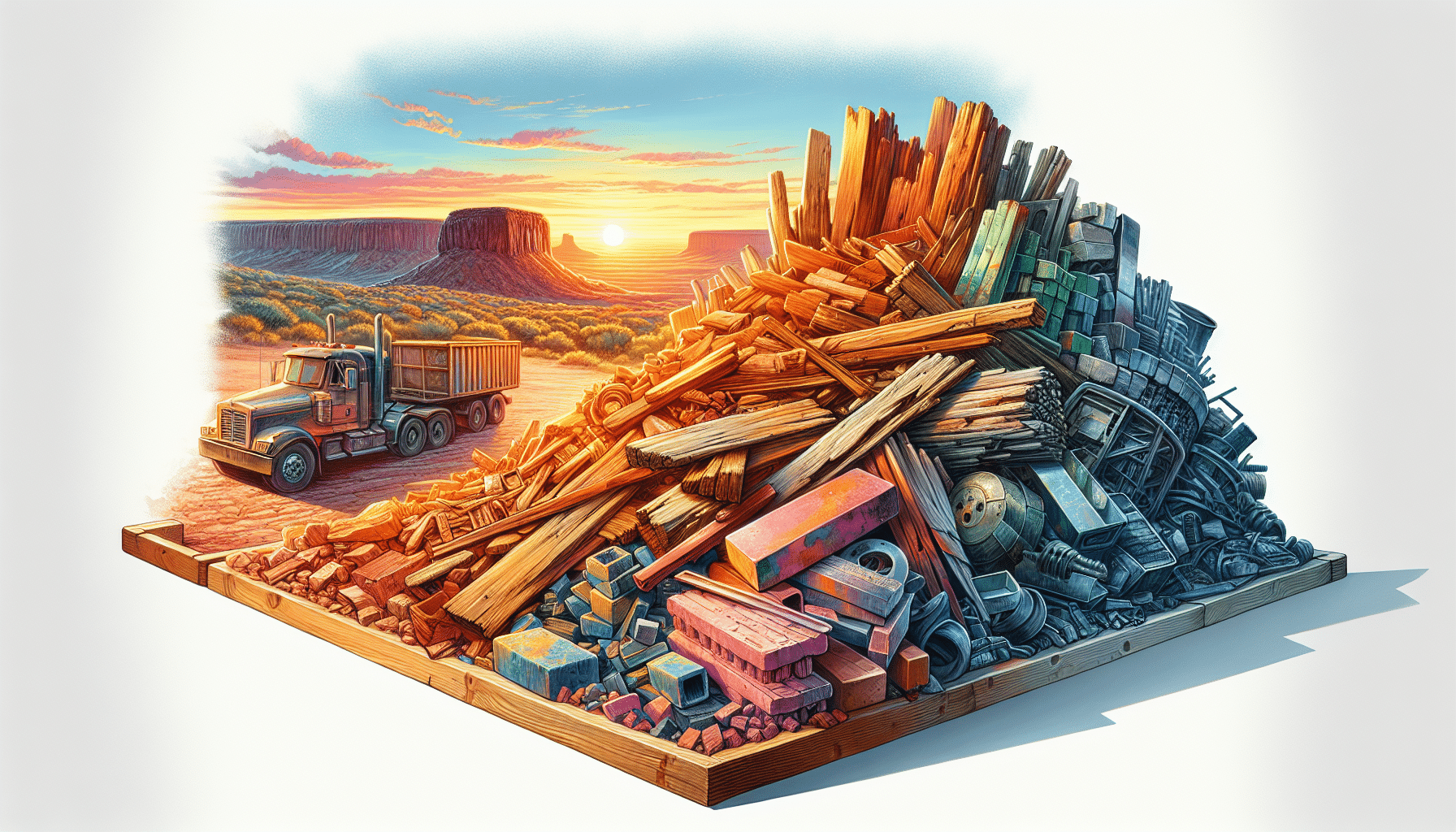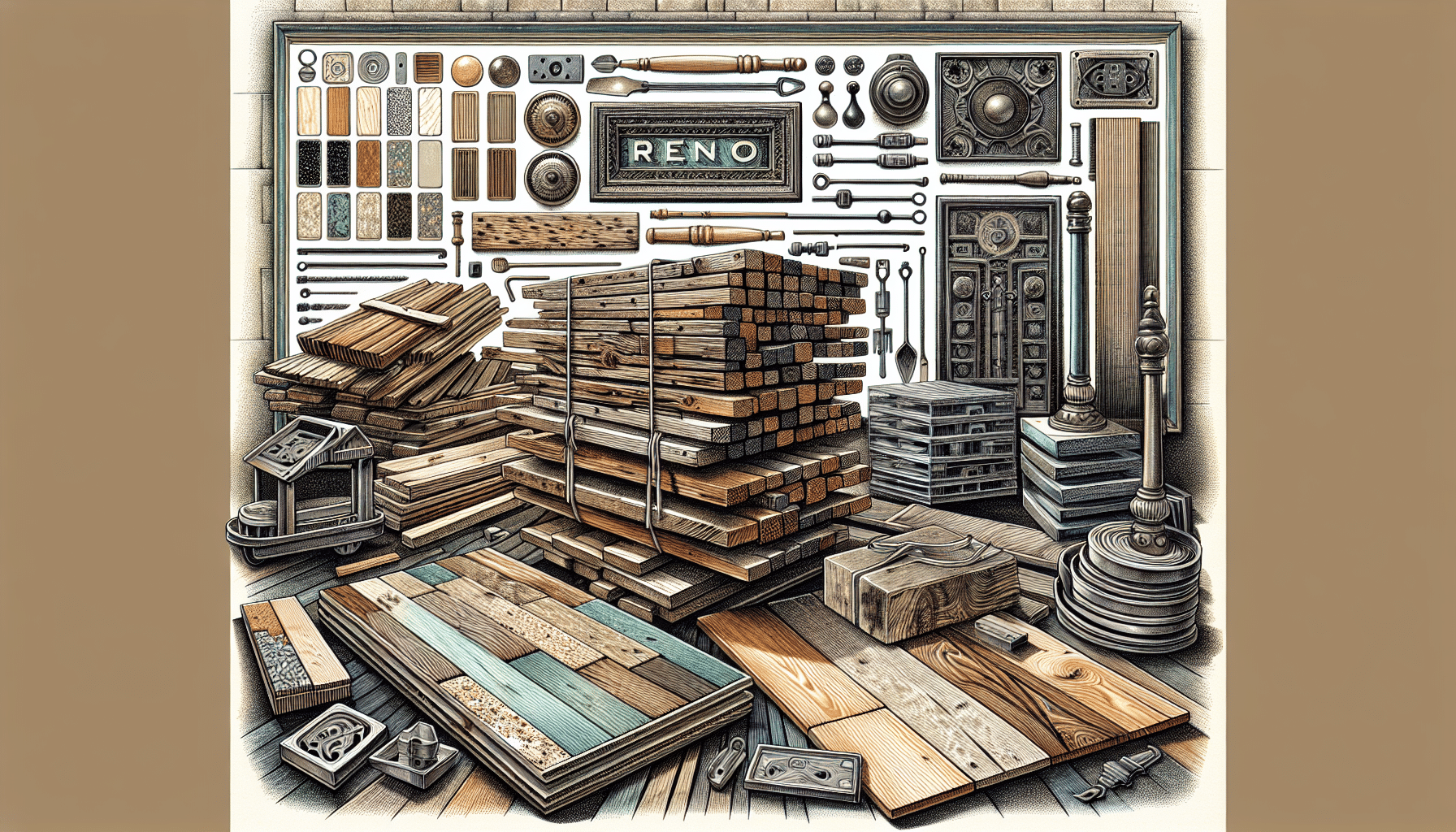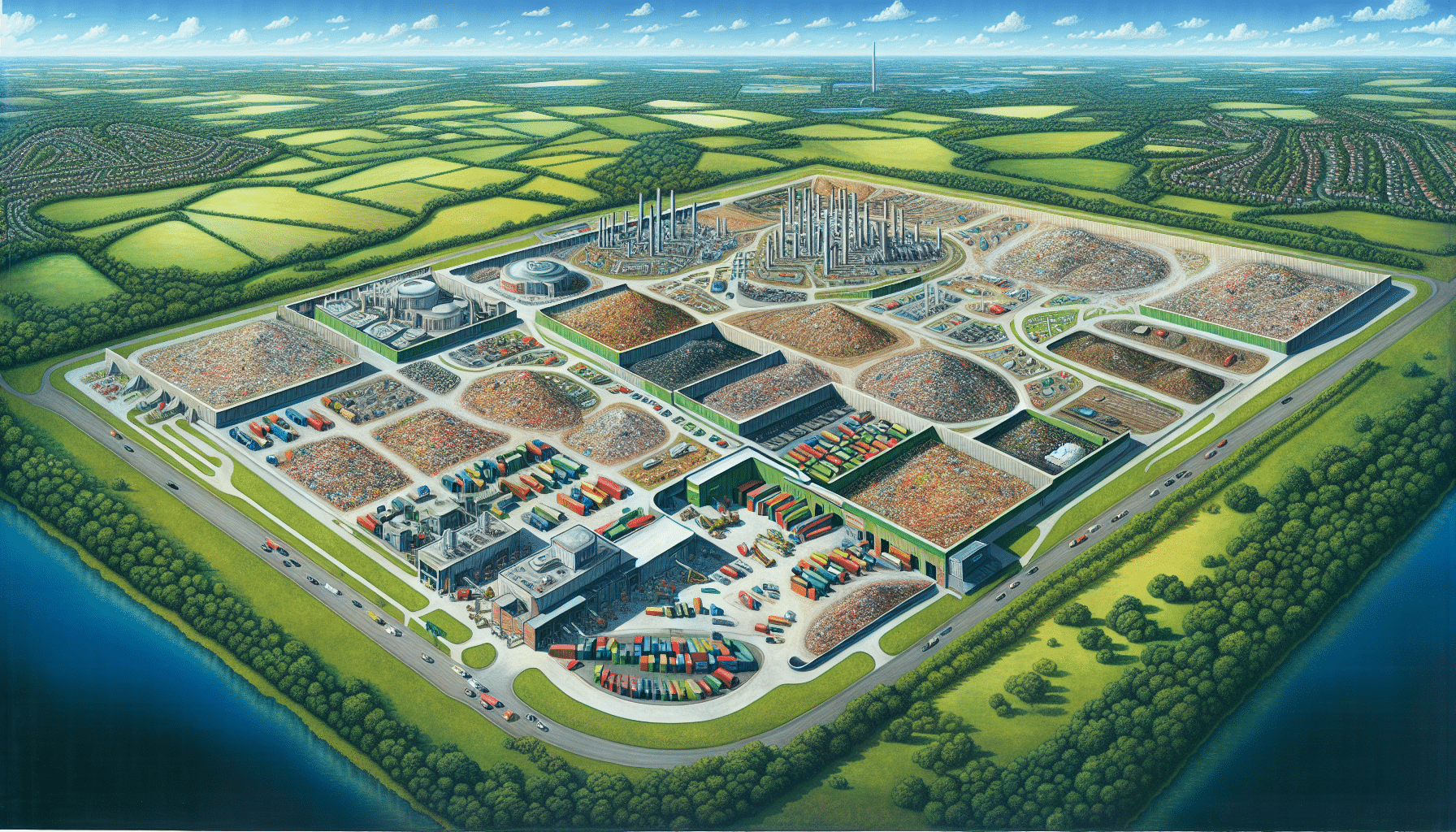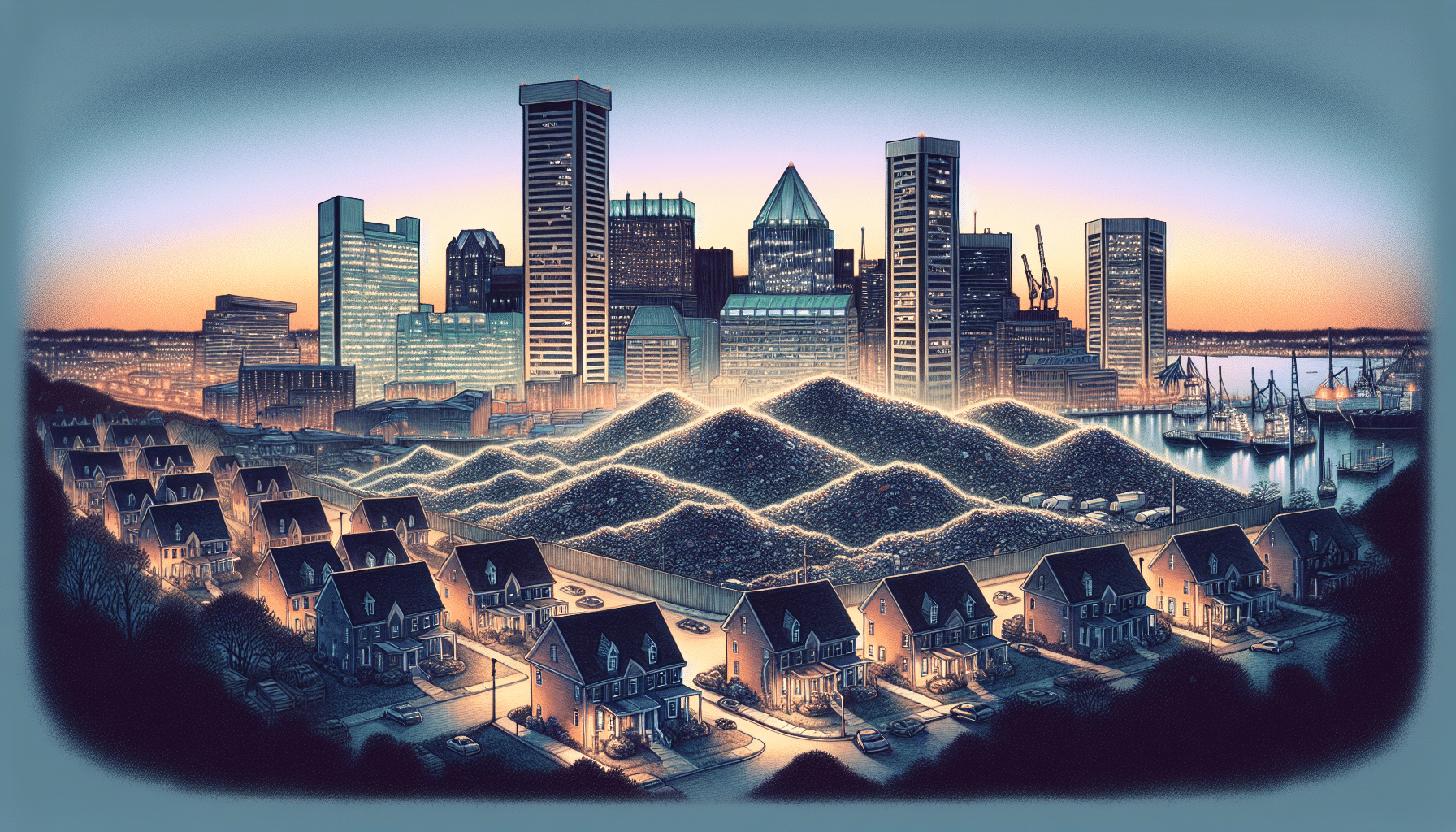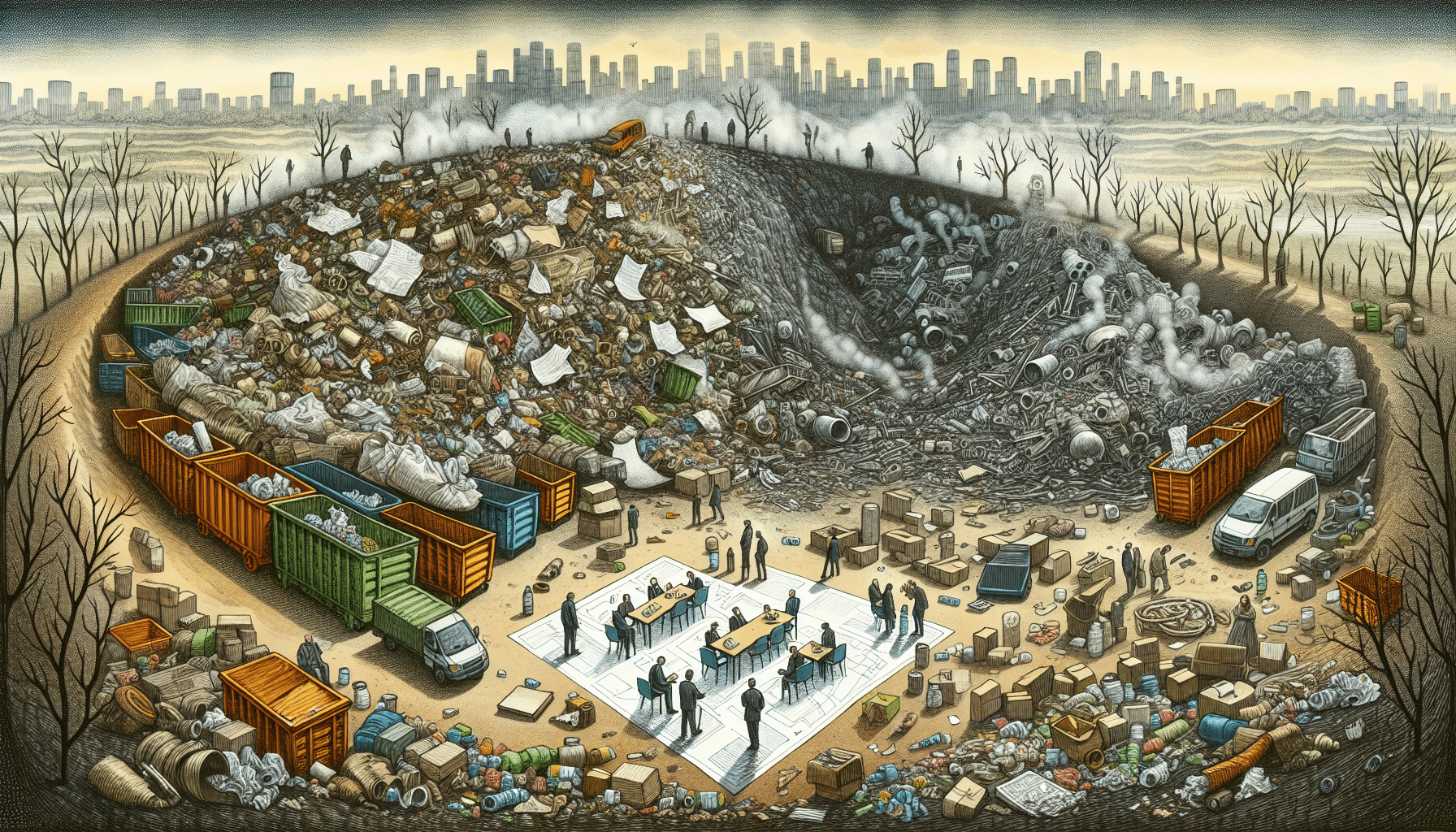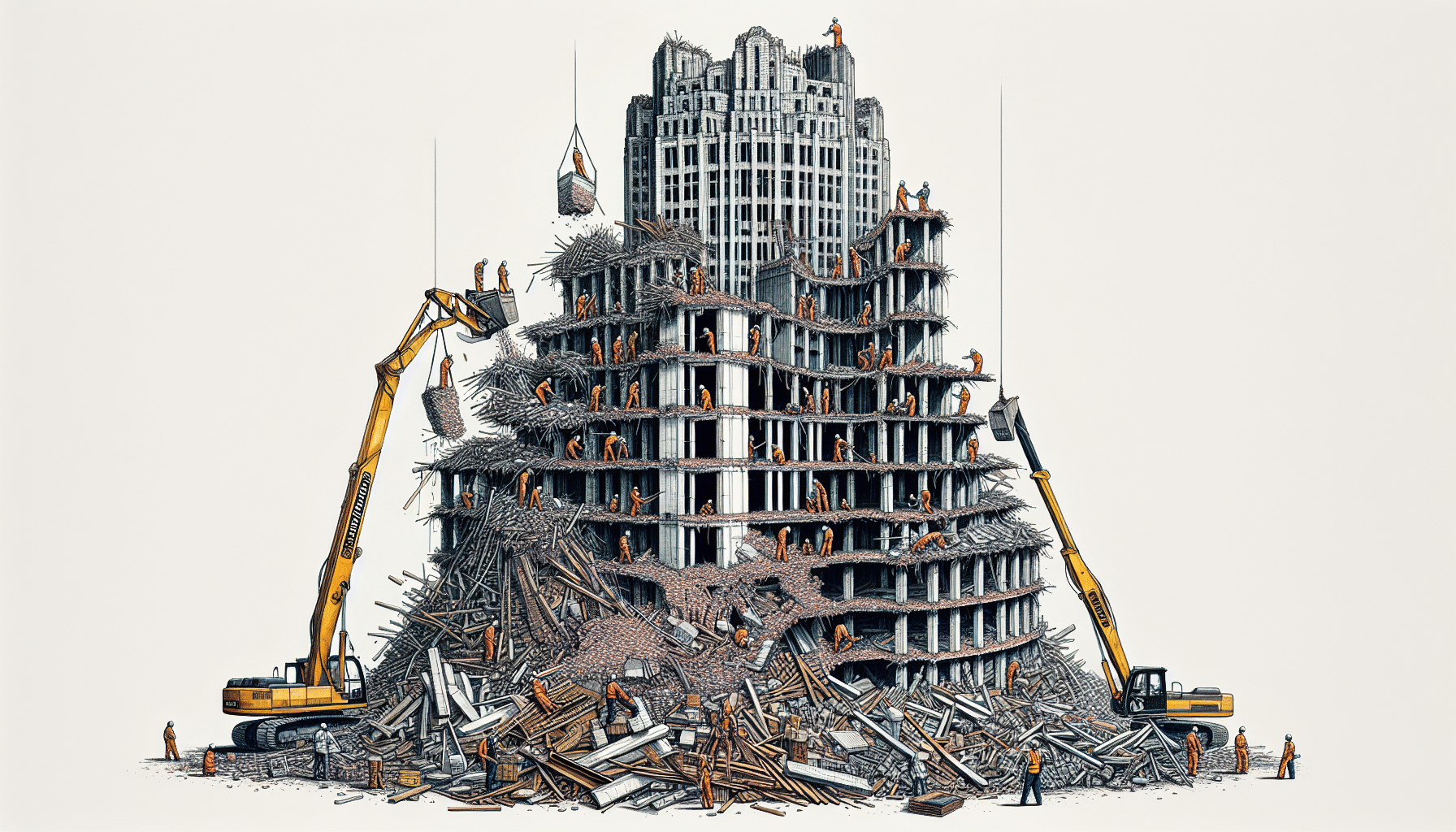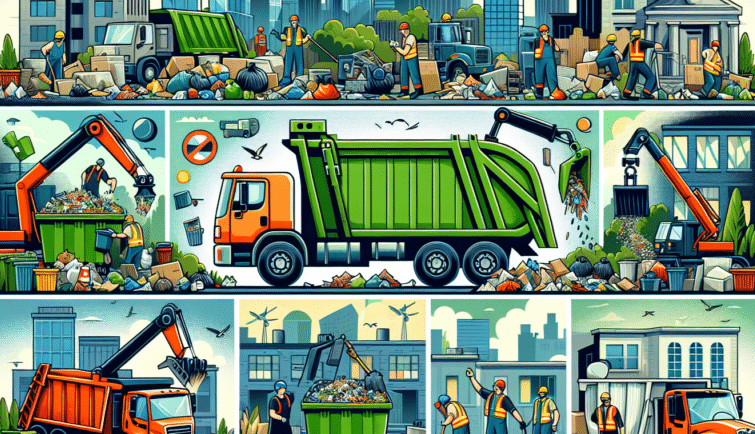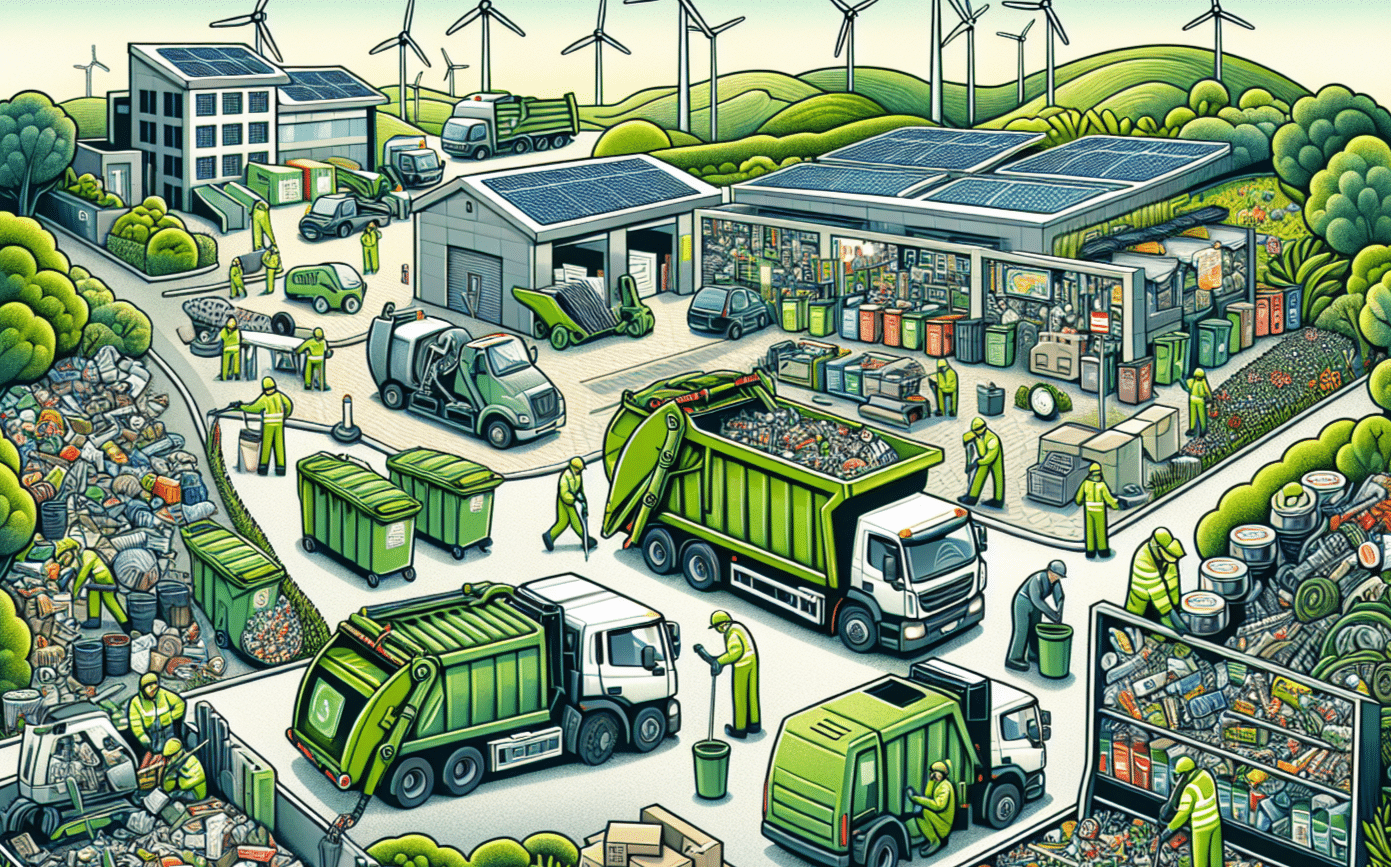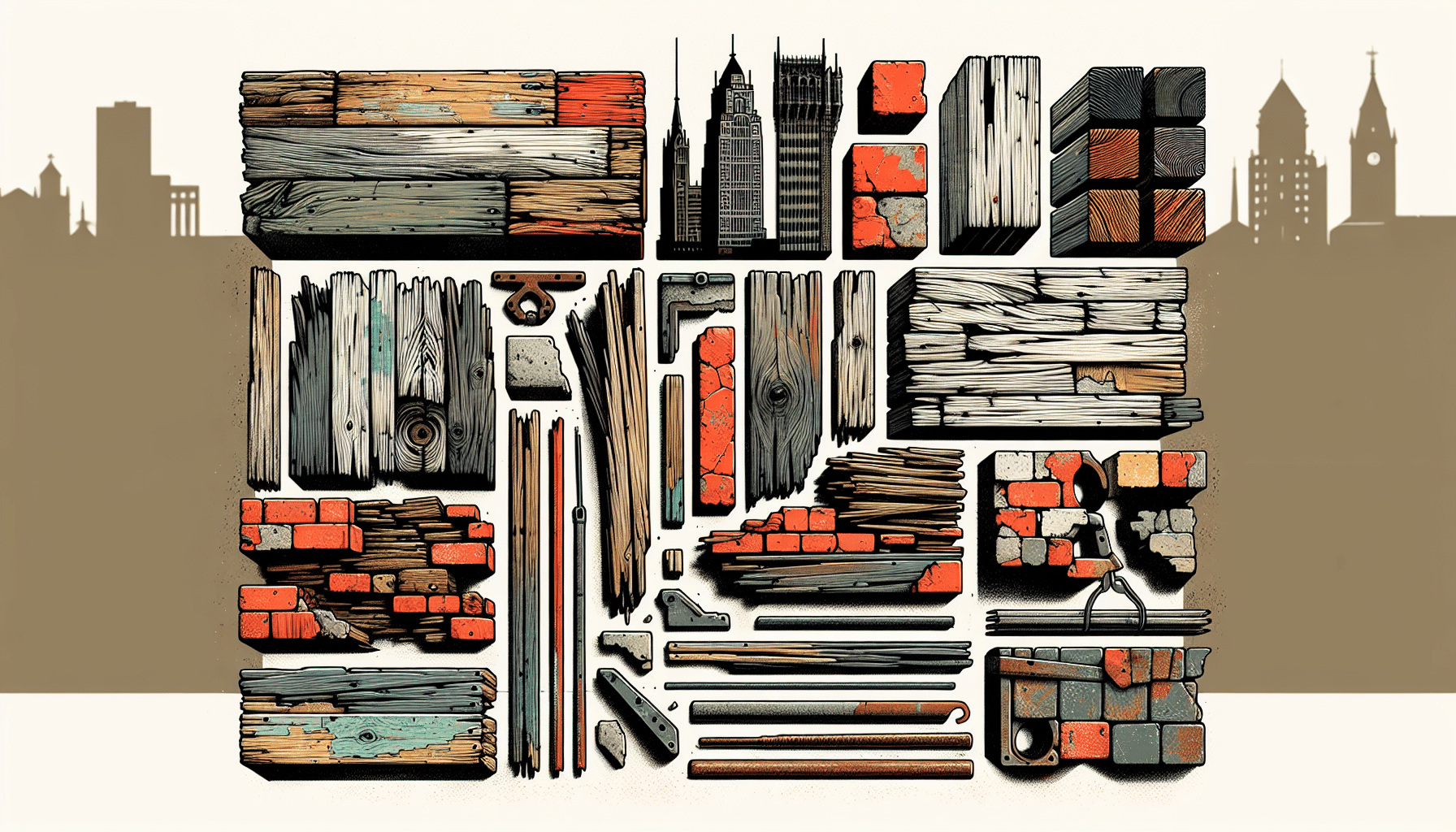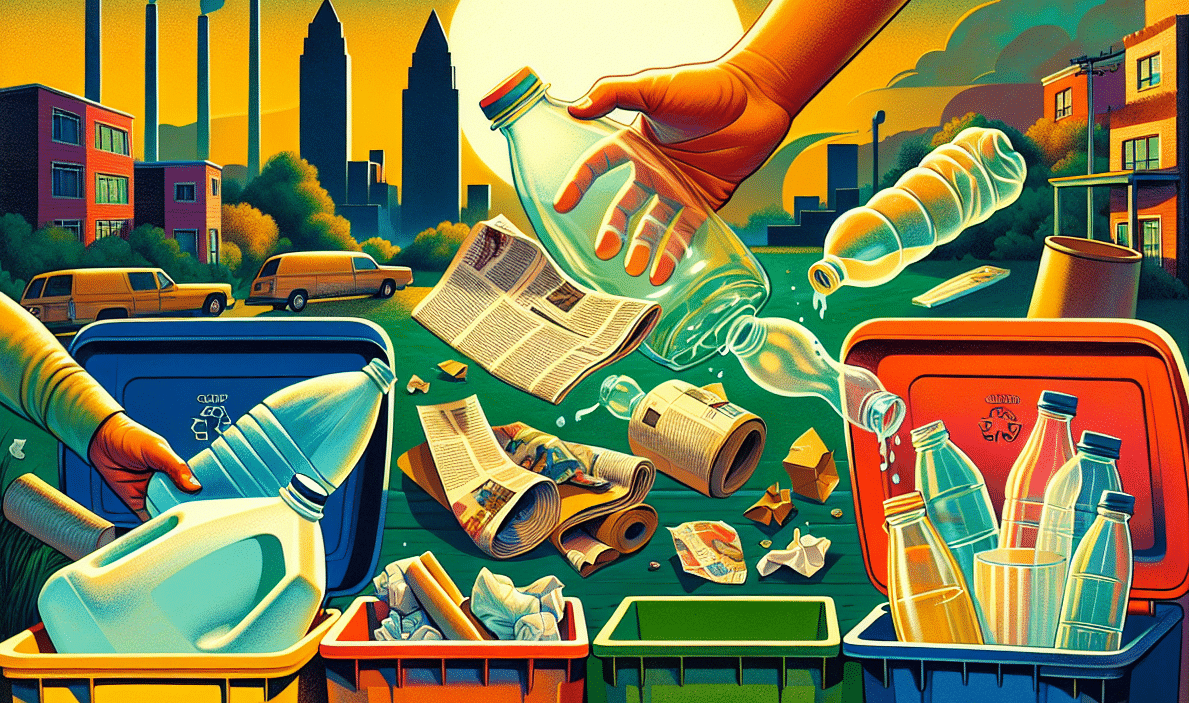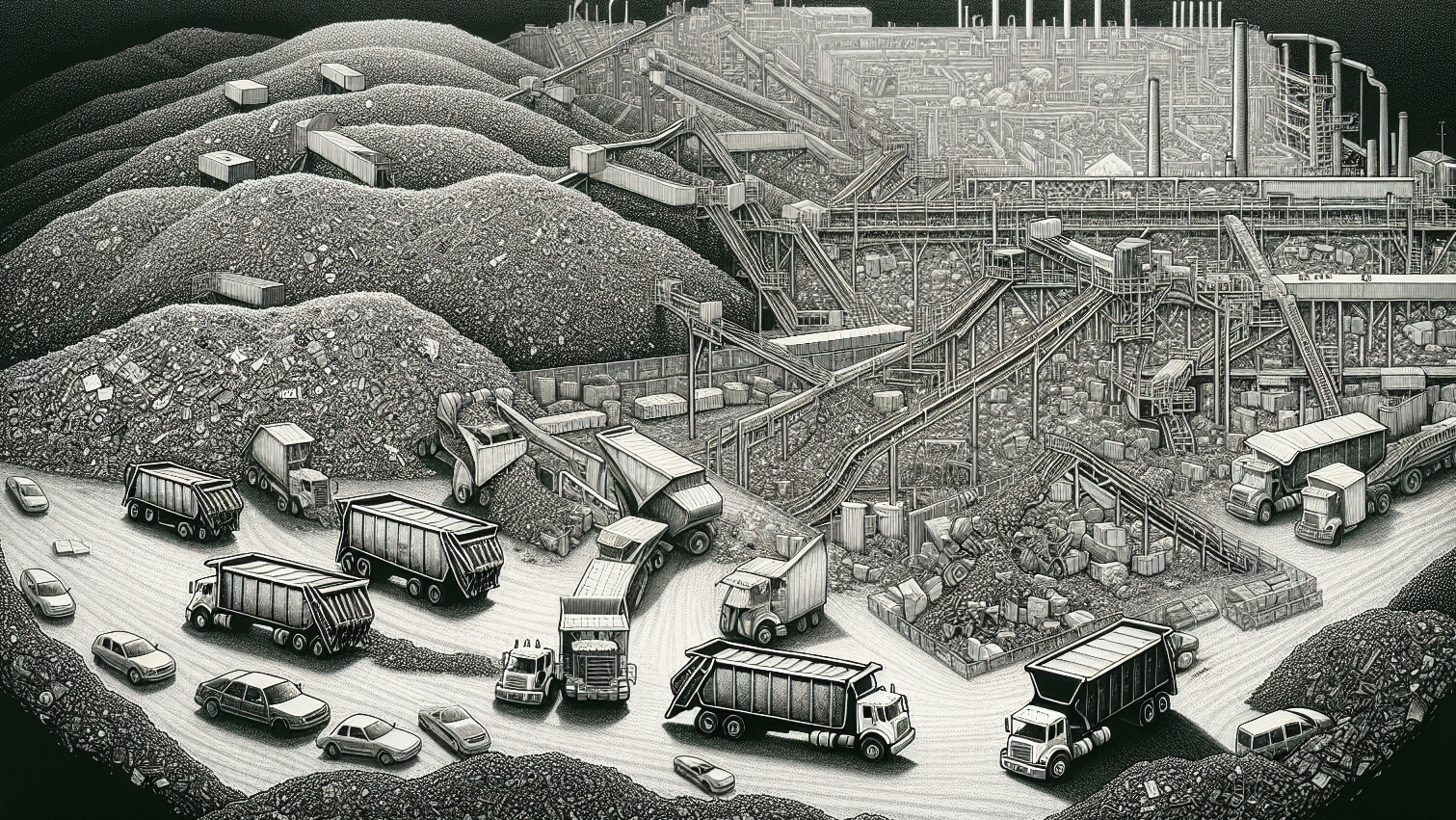Looking for recycled building materials in Seattle, WA? Seattle offers several sources for high-quality recycled materials that are kinder to the planet and your budget. From salvaged wood beams that showcase the city’s history to modern fixtures from remodeled spaces, this article guides you through the top spots to find these eco-friendly treasures, discusses the benefits of using them, and gives you an insider’s look at Seattle’s commitment to a circular economy in building materials.
Key Takeaways
- Seattle’s Earthwise Salvage and similar establishments offer a wide range of reclaimed materials that help preserve history while simultaneously reducing waste.
- Seattle mandates salvage assessments for significant demolition or alteration projects to encourage the reuse of materials and responsible waste management.
- Using reclaimed building materials not only adds unique character to construction projects but also offers financial benefits and reduces environmental impact through conservation and waste reduction.
Exploring Seattle’s Recycled Building Materials Scene

With organizations like Earthwise Salvage and Ballard Reuse, Seattle’s dedication to sustainable construction is evident in its wide array of salvaged materials used in various construction projects around the city. From classic wrought iron gates to sleek modern windows that reflect the city’s innovative spirit, these establishments offer a treasure trove for anyone looking to infuse their project with a touch of history and sustainability in Seattle, WA.
Since its inception in 1991, Earthwise Salvage has been at the forefront of sustainability, meticulously salvaging quality materials from older structures slated for demolition. In doing this, they have preserved the historical essence of Seattle’s buildings and averted countless resources from becoming landfill waste.
The Value of Reuse
In Seattle, the act of salvaging focuses on repurposing old items while maintaining the historical significance of the city. Incorporating reclaimed building materials into new constructions honors the craftsmanship and stories of the past and actively reduces our environmental impact.
Inventory Highlights
Earthwise Salvage is home to a variety of unique salvaged materials, from classic crystal chandeliers to sliding vinyl windows. These salvaged materials come with their own narratives which can add unique character to any construction or design project. Each of these materials can unlock creative potential for builders and renovators alike.
Navigating Salvage Assessments in Seattle
Seattle mandates a salvage assessment for demolition projects and significant alterations exceeding $75,000 or covering more than 750 square feet. This requirement ensures that valuable materials are identified and saved from the rubble, ultimately promoting responsible waste management and the reuse of building components. Seattle Public Utilities (SPU) also encourages property owners to salvage materials prior to their demolition or alteration endeavors. This not only contributes to lower disposal costs but also allows for the removal of certain non-structural items before a demolition permit is issued.
What is a Salvage Assessment?
A salvage assessment is a thoughtful inspection of a building’s reusable parts, implemented before demolition or significant changes take place. The goal is to identify and extract items that can live on in new forms—whether they become elements of another building or repurposed into furniture or art. For property owners in Seattle, it’s a step that allows them to contribute to the city’s green initiatives and possibly find financial value in what might otherwise be discarded. This process helps to reduce waste and also facilitates the resale of materials, thereby supporting a growing market for salvaged goods.
How to Complete Your Salvage Assessment
The salvage assessment process in Seattle is relatively simple thanks to Seattle Public Utilities’ move to an online Salvage Assessment Form. This digital leap streamlines the submission process, making it more accessible and efficient for permit applicants. Additionally, the SPU website offers an FAQ section to assist with any questions that may arise during completion, ensuring that you’re well-informed every step of the way.
Where to Find Reclaimed Construction Materials

Seattle’s Second Use Building Materials is a hub for everything from vintage doors and windows to modern cabinets and plumbing fixtures. These salvaged items stem from a variety of sources, including demolition and remodeling projects, offering an eclectic mix to suit any renovation or build.
Another stop on your quest for reclaimed materials is the Habitat for Humanity ReStore, a great source for purchasing used building materials and appliances at an affordable price. Ballard Reuse is another specialist in salvaged goods that keeps items out of landfills and provides eco-friendly options for the environmentally conscious builder or renovator.
Store Credit & Cash for Materials
Places like Earthwise Salvage and Second Use Seattle offer store credit or cash for approved salvaged materials. Earthwise goes a step further, offering tax donation receipts through their non-profit partners, making your contribution to sustainability potentially tax-deductible. Earthwise Salvage also offers a complimentary service of on-site evaluation and bidding for salvaged goods. Whether you’re clearing out a renovation space or have come across some vintage finds, bringing your salvaged materials to local stores can reward you financially while supporting the cycle of reuse.
DIY Projects Using Salvaged Items

Your imagination sets the limit for the possibilities of DIY projects using salvaged items. It’s about seeing the potential in every piece, whether it’s a vintage theater door reimagined as a unique pantry entrance or old beams from a deconstructed addition repurposed as supportive elements in a new kitchen design. From upcycling glass waste into new construction materials like tiles and countertops to turning an unused shipping container into a picturesque hay barn, the DIY ethos is about giving new life to old materials and creating something beautiful and functional.
Maximizing Material Lifecycles: Donation and Recycling Options
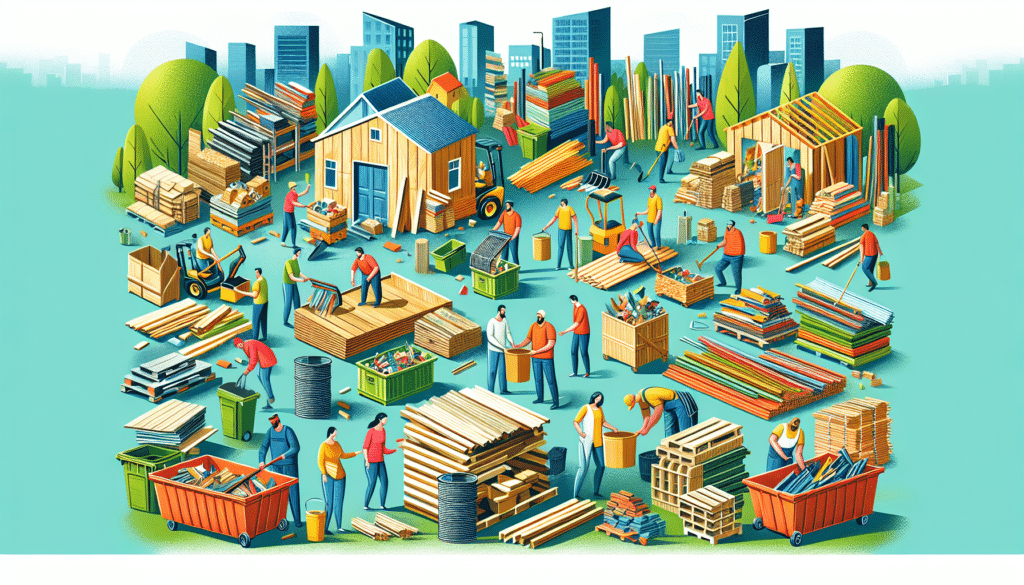
Donating and recycling used building materials represents a commitment to maximizing the lifecycle of resources. When you donate to places like Ballard Reuse, you are contributing to environmental benefits and supporting initiatives like Seattle ReCreative while simultaneously clearing up space. With its drop-off services and complimentary pickups for salvageable items, Earthwise Salvage simplifies the decluttering process.
Many organizations work tirelessly to prevent materials from ending up in landfills by offering donation pickups, collaborating with non-profits and local businesses to repurpose what’s left behind. Northwest Building Salvage Network, for example, creates a robust marketplace for reclaimed materials, ensuring that what’s old can find new purpose in Seattle’s construction landscape. The Seattle Public Utilities’ ‘Where Does It Go?’ tool is an invaluable resource, guiding residents on recycling everything from acoustic ceiling tiles to drywall.
Safe Disposal of Hazardous Materials
While most materials can find a second life, some require careful handling. Hazardous materials like asbestos, lead-based paint, and PCB-containing fluorescent ballasts demand special attention for safe disposal. In Seattle, the Puget Sound Clean Air Agency sets the rules for asbestos management, while the EPA provides guidelines for lead and PCBs. Adherence to these regulations is crucial for ensuring the safety of the community and the environment.
The Financial Benefits of Choosing Recycled Materials
When it comes to construction, the bottom line matters. Choosing recycled building materials can significantly impact your project’s budget through cost savings, making it a smart financial move. Using recycled building materials can result in the following benefits:
- Recycled steel is often priced lower than new steel, offering a cost-effective alternative without compromising on quality.
- Using recycled concrete can reduce the need for new concrete production, saving on raw materials and energy.
- Reclaimed wood can add character and uniqueness to your project, while also reducing the demand for new timber.
Recycling materials not only benefits your wallet but also supports the broader economy by creating a market for recycled materials. As prices of recycled materials remain competitive, it opens the door for more widespread adoption and innovation in the construction industry.
The Environmental Impact of Building Material Reuse

Reusing building materials impacts the environment beyond the construction site. Earthwise Salvage’s commitment to diverting usable materials from waste streams is a prime example of the positive impact reuse can have on landfill reduction. In 2013 alone, the Seattle RE Store redirected over 5 million pounds of materials, underscoring the significant potential for conservation through reuse. This practice of reusing materials preserves natural resources, lessens the need for new raw materials, and reduces the ecological footprint of extraction and processing activities.
Summary
From the financial incentives of choosing recycled materials to the environmental benefits of reducing waste, Seattle demonstrates that building with reused materials is a feasible and advantageous practice. This ethos of reuse and recycling is a testament to Seattle’s forward-thinking initiatives and its residents’ commitment to a more sustainable future.
Frequently Asked Questions
What makes reclaimed building materials environmentally friendly?
Reclaimed building materials are environmentally friendly because they reduce waste, conserve natural resources, and decrease the demand for new raw materials, which lessens the environmental impact of extraction and manufacturing processes.
Are there financial benefits to using reclaimed materials in construction?
Using reclaimed materials in construction can lead to cost savings through lower market prices and reduced construction expenses, making it a cost-effective alternative to new materials.
How do I complete a salvage assessment in Seattle?
To complete a salvage assessment in Seattle, fill out the online Salvage Assessment Form provided by Seattle Public Utilities and follow their guidelines for identifying reusable building components.
Where can I find salvaged building materials in Seattle?
You can find salvaged building materials at Earthwise Salvage, Second Use Building Materials, Habitat for Humanity ReStore, and Ballard Reuse in Seattle.
What should I do with hazardous materials that can’t be reused or recycled?
You should dispose of hazardous materials like asbestos, lead-based paint, and PCB-containing fluorescent ballasts according to the guidelines provided by the Puget Sound Clean Air Agency and the EPA to ensure safe and responsible handling.






































































